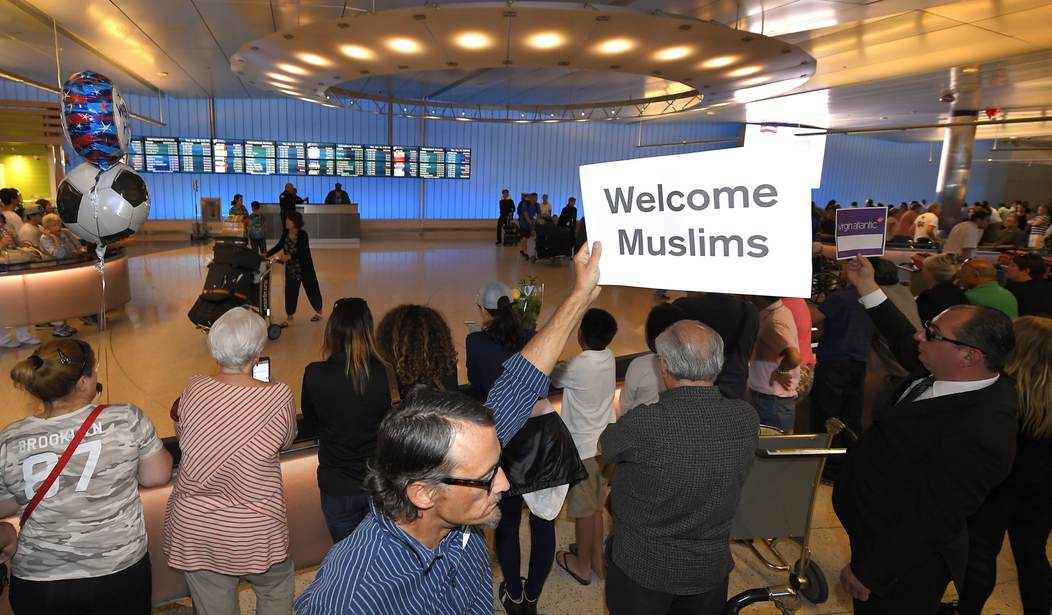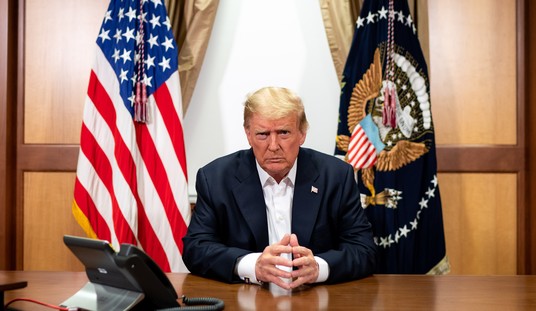President Donald Trump won a big victory Monday in the Supreme Court, which upheld his “extreme vetting” on immigration into the United States.
The dispute over the policy stemmed from its application to six majority-Muslim countries. Lower federal courts in California, Hawaii, and Maryland ruled the ban was unconstitutional.
The ban was originally aimed at Sudan, Iran, Libya, Somalia, Syria, and Yemen, all states with serious terror-related issues. In September, however, the White House reversed the policy by taking Sudan off the list, and adding North Korea, Venezuela, and Chad to it.
Travel ban and tax reform through in a matter of days. Spare a thought for the liberal left at what must be a very difficult time for them. #MAGA https://t.co/wnSQSZSnmS
— Nigel Farage (@Nigel_Farage) December 4, 2017
All in all, seven SCOTUS members voted to uphold the ban while only two voted against it: Justices Ruth Bader Ginsburg and Sonia Sotomayor. In other words, it was as unanimous a decision as possible with a court that’s internally so divided between liberals, conservatives, and moderates.
Lower courts had ruled that people with a “bona fide” relationship with someone in the United States could not be kept out of the country. This included grandparents, cousins, and other relatives. The Supreme Court disagreed: Officials can make exceptions on a case-by-case basis, but the general ban is not unconstitutional.
Like many conservatives, John Malcolm, head of the Institute for Constitutional Government at The Heritage Foundation, is extremely happy with SCOTUS’ decision. He told The Daily Signal:
By a 7-2 vote, the Supreme Court has decided—at least temporarily, pending a final determination of the merits—that decisions affecting our national security should be made by Congress and the president, not by a single federal judge sitting in a courthouse in Hawaii. Presidents are given primary responsibility for protecting our homeland. Federal judges are not.
Moreover, the president receives daily classified intelligence briefings about the many threats we face, and congressional leaders also receive such briefings regularly. Federal judges do not. By entering its order, the Supreme Court has sent a message that the important constitutional issues involved in this case will be resolved in an orderly fashion and in due course, and that our nation’s security will not be needlessly imperiled by one overreaching lower federal court judge.
White House spokesman Hogan Gidley told reporters that the administration is “not surprised by [the] decision.” He went on to say that the “proclamation is lawful and essential to protecting our homeland.”
Supreme Court rules Trump travel ban to go into full effect.
Overrules lower court decisions that were politically motivated.
This is a good start, but more terror-linked countries should be added to the list.
— Paul Joseph Watson (@PrisonPlanet) December 4, 2017
For Trump, this SCOTUS ruling is a major victory. Just like this tax plan, this ban could be one of his signature achievements in his first year in office.
Having said that, the Supreme Court’s decision is not as surprising as some liberals seem to think. The U.S. president has historically always had the authority to set limits on immigration. Other presidents have done so before Trump; none of them ever needed the approval of a (lower) court.
The lower courts that ruled against the travel ban were playing politics, not enforcing the U.S. Constitution. The president has the right to set limitations. It’s irrelevant whether judges are happy with one specific limitation or another.









Join the conversation as a VIP Member